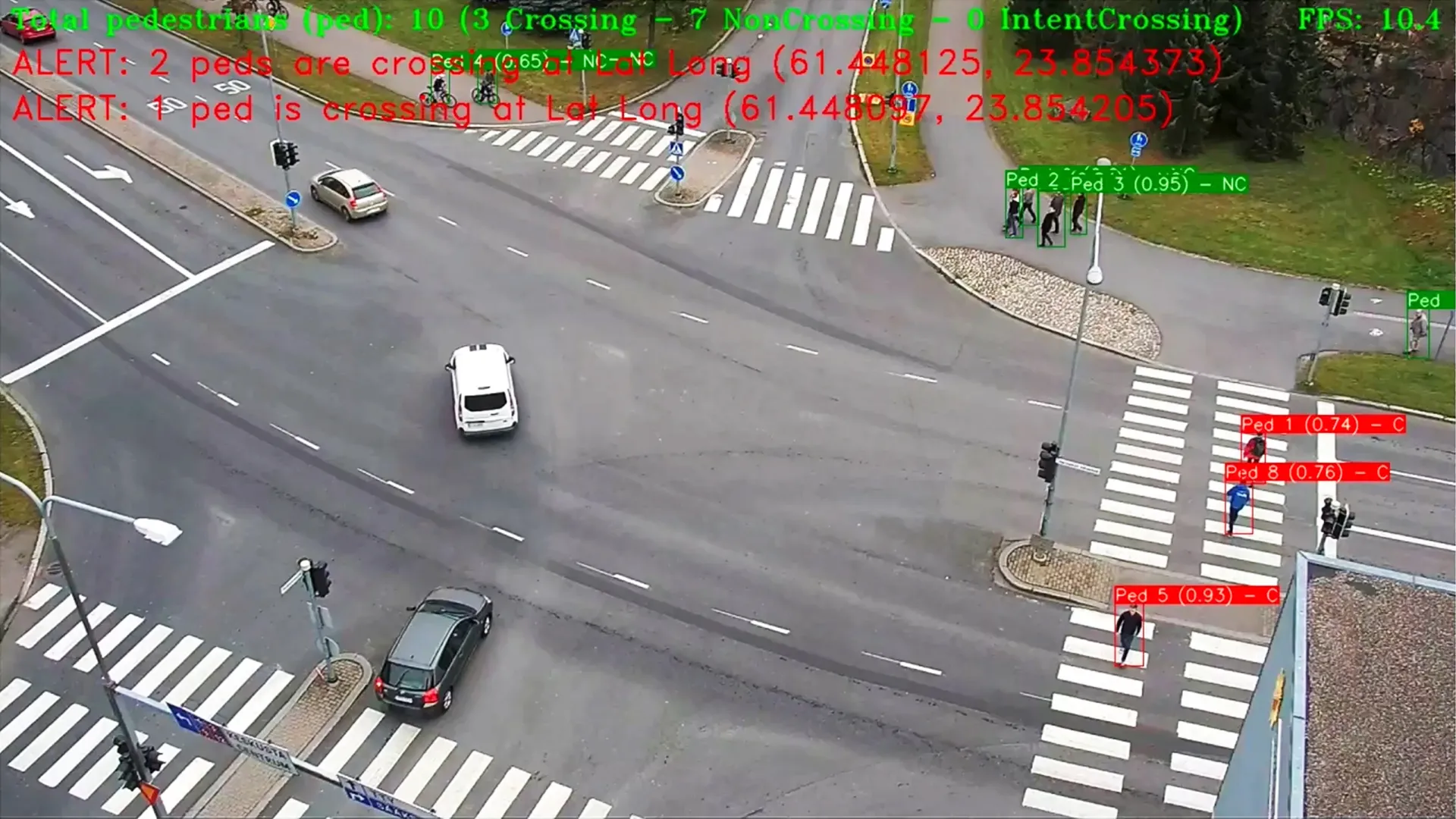
The US gambling capital of Las Vegas is to pilot pedestrian detection systems to improve safety for vulnerable road users at one of its biggest tourist attractions.
Using a $1.4 million grant from the Bipartisan Infrastructure Law’s Strengthening Mobility and Revolutionising Transportation (Smart) programme, Sin City is investing in an artificial intelligence (AI)-powered pedestrian detection system which should improve street crossing times in the Fremont Street corridor.
The five-block semi-enclosed space attracts 26 million visitors per year and regularly sees large numbers of pedestrians walking across the intersecting streets between hotels, casinos and restaurants.
The new system will be designed to detect people waiting to cross and will adjust traffic signal timings and unprotected crossing flasher durations in real time depending on the volume of pedestrians and their walking speed in order to provide a safer crossing time window.
Congresswoman Dina Titus says: “Thanks to funds I secured in the Bipartisan Infrastructure Law, Las Vegas will pilot adaptive technology, significantly reducing pedestrian-related crashes and improving traffic flow along our community’s roadways."









